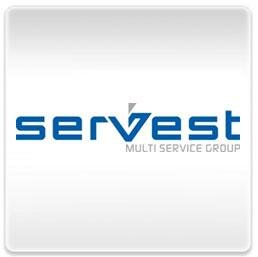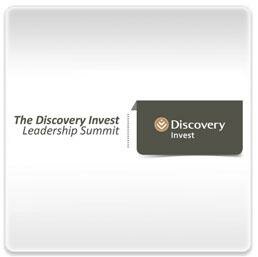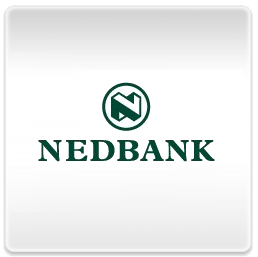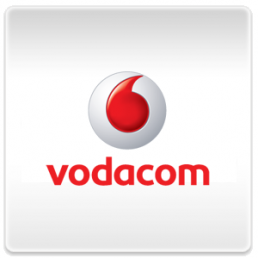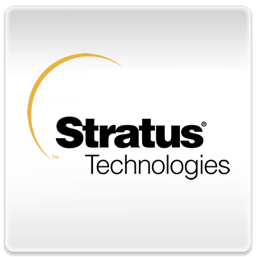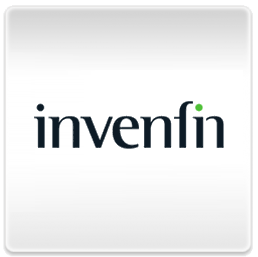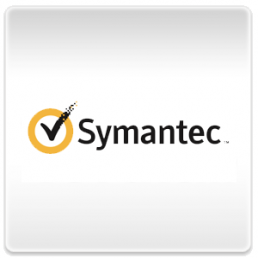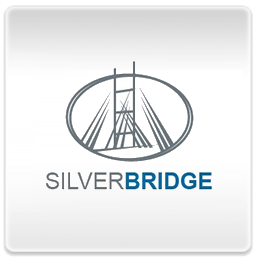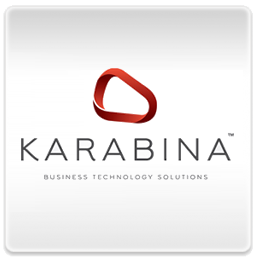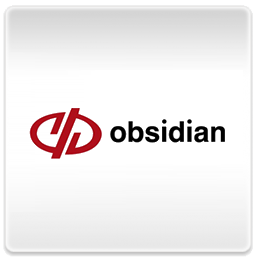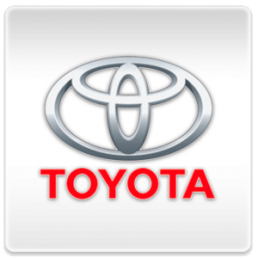Can Social Media land you your next job?
Submitted by Lloyd Wybrow on Wed, 2011-11-16 12:56
Social media can seem sort of aimless at times - until it can help you land your next job. I’m a prime example of this; I found my current job at Cerebra Communications through social media (but my CEO can tell you more about that).
Here are some tips I gathered through research and experience, the “DOs” and “DON’Ts” if you will. Though I make no guarantees, these guidelines may just help you find your dream job, or at least the next one.
For starters, Google your name and check what information about you is available online. Online information can tell prospective employers much more about you than you could convey in an interview. This includes tweets, photographs and other content you may have generated, or that has been generated about you. Put yourself in the shoes of an interviewer – how would you feel about reading that information or seeing that photograph.
Follow or Like companies you’d like to work for on Twitter or Facebook. People who follow or like a company are more likely to learn about them through Twitter or Facebook than by reading company press releases.
Brush up your Twitter bio, ensure that it describes your career and goals accurately. Be sure to fill out the “Location’’ field in Twitter profiles so prospective employers know where you are.
Be careful what you Tweet. I’ll say it once more for the guy in the back; Be really careful what you tweet! Search Twitter for for an example of what I mean. Prospective employers use Twitter too, you never know who might read your posts.
Don’t forget about your photos. You, drunk, doing body shots does not represent you well as a professional. Before you start your application process, ensure that you look at all your photos and take the time to untag yourself from the less than flattering photos on Facebook. It is a good idea to set your settings to restrict access to your information. Open or “friends of friends” profiles can be risky if there are things you would prefer to keep hidden from prospective employers. I would recommend a “friends only” setting.
Get your LinkedIn life in order. Collect recommendations from colleagues as well as former bosses, to show how well you work in a team. Don’t stretch the truth; discrepancies between what you say on LinkedIn and your resume will set off alarm bells.
Don’t add weak connections to pump up your numbers; quality is better than quantity. You don’t have to set up a presence on every social network that has been invented either. Think carefully about the message you’re trying to convey and how it contributes (positively or negatively) to the reputation you’re trying to develop.
Don’t spend time online at work looking for a job! Resist the temptation! It’s unprofessional and will not reflect well if you are caught. Find somewhere else appropriate to surf the net, upload CVs and respond to emails.
Finally, show some respect! Social media doesn’t instantly turn prospective employers into your best buds. Tweeting a prospective employer and saying, “Hey Mike Stopforth, I love your company”, is not the way to do it. It probably makes them wonder how you would handle their beloved clients. But what kind of Tweet is appropriate? “Mike Stopforth, I have applied to your company on your website, and I am so excited about what you do”. Now that’s appropriate.
If you have any further tips, or if these guidelines helped you secure gainful employment, leave a comment in the section below. Alternatively, you can drop me a Tweet or email me:
- Login to post comments


